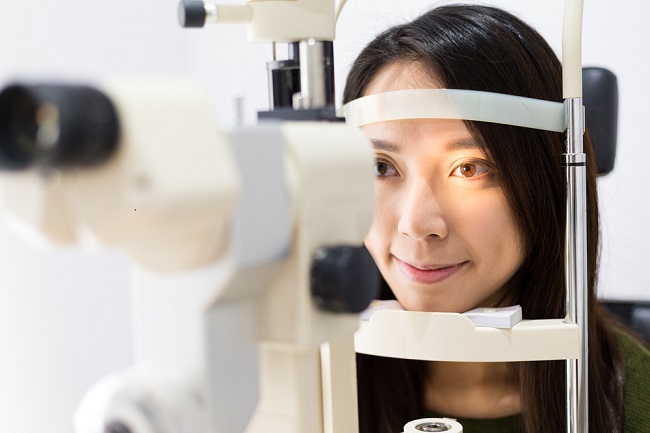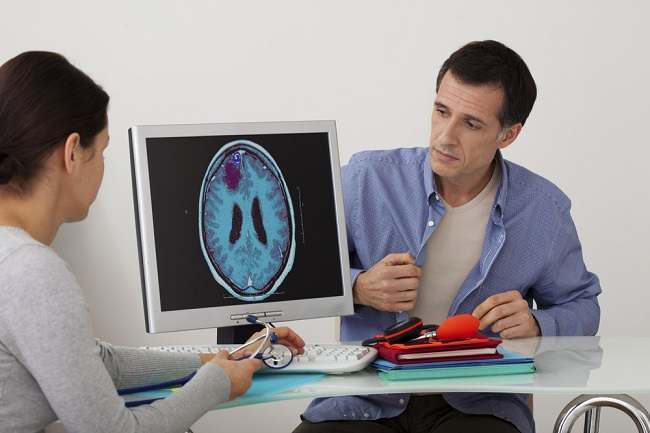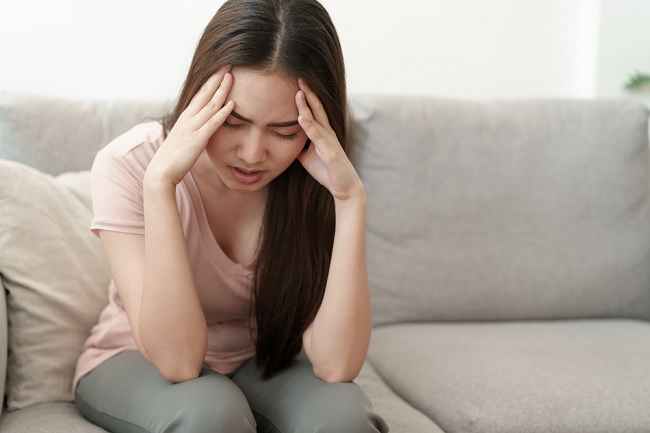Apart from stomach cramps,part Women will experience nausea during menstruation. Although it can be quite uncomfortable, this condition is usually not dangerous, and you can deal with it in several easy ways, you know.
During menstruation, the body will release the hormone prostaglandin. This hormone is believed to cause pain and nausea when women menstruate.

Various Ways to Overcome Nausea during Menstruation
In addition to causing discomfort, nausea during menstruation also has the potential to interfere with activities, so it is important to know some ways that can be done to overcome it. Here are some ways you can try to deal with nausea during menstruation:
1.Drink ginger tea
Ginger has long been used to treat nausea. Although how it works is not known with certainty, experts believe that ginger has properties similar to anti-nausea drugs. You can make ginger tea by boiling two pieces of ginger in 1.5-2 cups of water, then drinking it while it's warm.
2. Eat small portions
Eating small portions of food during menstruation can relieve nausea, as well as being useful for keeping blood sugar stable.
In addition, as much as possible avoid foods that are too pungent and choose foods that have a soft texture, such as bananas, rice, and bread, to prevent nausea.
3. Avoid eating heavy food before bed
To prevent nausea, you should also avoid consuming foods that are too heavy and fatty before going to bed. Instead, you can consume fruit juices, warm milk, and yogurt.
4. Routine bersport
Menstruation is not an excuse not to exercise. you know. Keeping regular exercise during menstruation can overcome the discomfort, pain, and nausea that you feel during menstruation. You can do light exercise, such as walking or cycling.
5. Take supplements
To relieve nausea during menstruation, you can also take supplements that contain vitamin B6, vitamin E, calcium, vitamin D, folic acid, and magnesium.
In addition, so that nausea during menstruation does not get heavier, don't forget to rest and get enough sleep, okay?
If nausea during menstruation has interfered with your activities, you should consult a doctor. The doctor will examine your condition and provide appropriate treatment.









